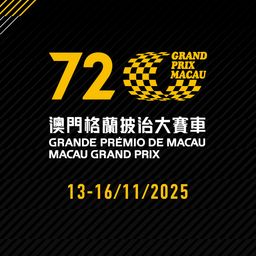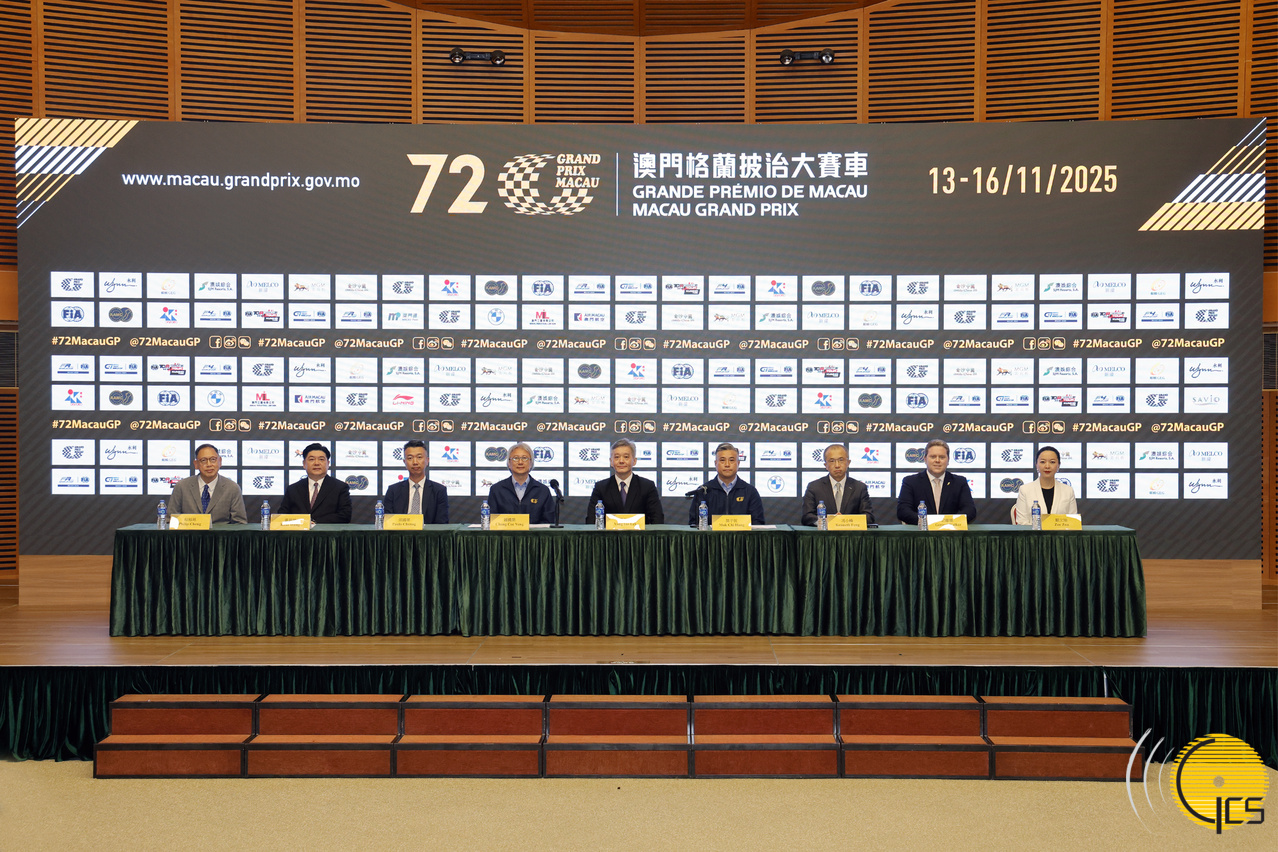
In a move that underscores Macau’s evolving economic ambitions, six major casino operators jointly pledged MOP120 million (about US$15 million) to sponsor this year’s 72nd Macau Grand Prix, slated from November 13 to 16. Each of the operators—Galaxy Entertainment, Melco Resorts, MGM China, Sands China, SJM Resorts, and Wynn Macau—contributed MOP20 million apiece. According to the organizing committee, the total event budget is estimated at MOP240 million, meaning casinos cover half of the cost.


This level of commitment is more than just marketing. Macau’s government has been pushing for casino firms to expand into non-gaming realms as part of a broader economic diversification effort. In the bidding process for their 10-year gaming concessions (which began in January 2023), casinos agreed to channel significant investment into non-gaming initiatives. Their initial pledge reached MOP108.7 billion, which later increased by 20% after Macau’s gross gaming revenue crossed the MOP180 billion threshold in 2023. The Grand Prix sponsorship, then, becomes a high-visibility symbol of that commitment.
From a tourism and branding perspective, the Grand Prix is one of Macau’s marquee events. In recent years, it has attracted over 100,000 spectators, generated robust hotel stays, and spurred spending on transport, food & beverage, and retail. Analysts and city officials alike view the race as a vehicle to pivot Macau’s identity beyond casinos. By aligning with a globally known motorsport spectacle, the casinos aim to cement their role as cultural and tourism partners—rather than merely gambling venues.
However, this isn’t the first time casinos have backed the Grand Prix. In 2024, the combined sponsorship fell to MOP100 million (US$12.5 million), with some operators scaling back their contributions. That reduction was partly due to format changes in the event, including the discontinuation of Formula 3 in favor of newer racing classes. The return to a stronger sponsorship reflects both improved gaming revenues and renewed confidence in the event’s draw.
Yet challenges remain. Macau’s casinos must deliver beyond lip service: transforming from gambling hubs into full-fledged integrated resorts requires ongoing investment in entertainment, sports, culture, and infrastructure. Success depends on sustaining footfall, cultivating new audiences, and converting them into diverse revenue streams—not just casino tables. Macau’s 2025 gaming outlook is optimistic: analysts at Citigroup have raised full-year gross gaming revenue (GGR) forecasts by 10%, citing the success of live events, concerts, and non-gaming offerings in converting visitors to spenders.
As November approaches, Macau watchers will be watching closely—can the Grand Prix sponsorship catalyze a credible shift in Macau’s identity? Or will the city remain tethered to its casino roots, with such gestures seen mainly as cosmetic? Either way, the casinos’ MOP120 million backing signals more than just support for racing—it’s a statement about the direction Macau wants to head.

 Content Writer: Janice Chew • Tuesday, 25/10/2025 - 16:28:09 - PM
Content Writer: Janice Chew • Tuesday, 25/10/2025 - 16:28:09 - PM